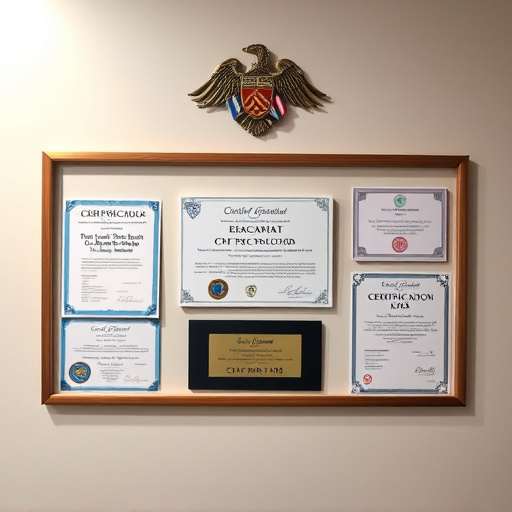The approval of 50-state legal intake systems represents a significant step towards democratizing access to justice in the US. These Universal Legal Intake Systems (ULIS) offer a user-friendly platform, standardizing legal processes across states and overcoming traditional barriers like cost and complexity. Despite fragmentations caused by state-specific regulations, ongoing collaboration aims to establish common protocols and technologies, simplifying legal intake for clients and service providers alike while ensuring accessible, efficient, and transparent legal services nationwide.
In an era demanding streamlined access to justice, understanding and implementing universal legal intake options are more critical than ever. This article explores the complex landscape of 50-state legal intake approval processes, delving into both current challenges and progress made towards a national perspective. We examine strategies for effective implementation, aiming to revolutionize legal access across borders, ensuring seamless and equitable justice for all. By focusing on 50-state legal intake systems approved, we uncover solutions that promise a brighter future for legal services accessibility.
- Understanding Universal Legal Intake Systems: A National Perspective
- The Current State of 50-State Legal Intake Approval: Challenges and Progress
- Implementing Effective Solutions for Seamless Legal Access Across Borders
Understanding Universal Legal Intake Systems: A National Perspective

Universal Legal Intake Systems (ULIS) represent a revolutionary approach to legal services, aiming to streamline and simplify access to justice across all 50 states. These systems are designed to provide citizens with an efficient, user-friendly platform to connect with legal resources and professionals, regardless of their location or background. By offering a standardized framework, ULIS ensure that every individual can navigate the legal process equitably, without facing barriers such as cost or complexity.
From a national perspective, the approval and implementation of 50-state legal intake systems mark a significant step towards a more accessible and inclusive justice system. These systems centralize information, direct users to relevant services, and often include self-help tools tailored to specific legal needs. As technology continues to evolve, ULIS have the potential to bridge the gap between citizens and legal aid, fostering a more informed and empowered society.
The Current State of 50-State Legal Intake Approval: Challenges and Progress

The current landscape of legal intake in the United States is characterized by a fragmented system, with each state possessing its own set of regulations and approved methods. The goal of achieving universal legal intake options, where individuals can access legal services seamlessly across state lines, has been an ongoing challenge. Despite efforts to streamline processes, the approval of 50-state legal intake systems presents significant hurdles. One of the primary obstacles is the diverse legal frameworks and standards implemented by each state, making it difficult to create a uniform system that satisfies all requirements.
Progress has been made, however, as several states have begun collaborating to establish common protocols and technologies for legal intake. This interstate cooperation aims to simplify the process for both consumers seeking legal assistance and service providers offering their expertise. By addressing challenges related to jurisdiction, data privacy, and security, these efforts strive to create a more accessible and efficient legal intake system while respecting individual state regulations.
Implementing Effective Solutions for Seamless Legal Access Across Borders

In today’s interconnected world, seamless legal access across borders is more crucial than ever. Implementing effective solutions for universal legal intake options, such as 50-state legal intake systems approved, offers a comprehensive approach to ensuring justice and equality for all. By standardizing legal processes, these systems streamline the intake of legal documents, making it easier for individuals and businesses to navigate complex legal landscapes without geographical barriers.
This unified framework fosters efficiency by providing a consistent set of procedures for filing and managing legal matters. It also enhances accessibility by offering digital platforms that enable remote submission of documents, reducing the need for physical visits. Ultimately, these innovative solutions contribute to a more transparent and responsive legal system, benefiting both citizens and businesses operating across state lines.
Universal legal intake systems offer a promising solution to streamline access to justice, particularly with the approval of 50-state legal intake systems. By implementing effective solutions and addressing challenges, we can ensure seamless legal access across borders. This not only enhances efficiency but also promotes fairness and equality in our legal landscape. As we move forward, it’s crucial to maintain a national perspective while recognizing the unique needs of each state, ultimately fostering a more accessible and inclusive justice system for all.














